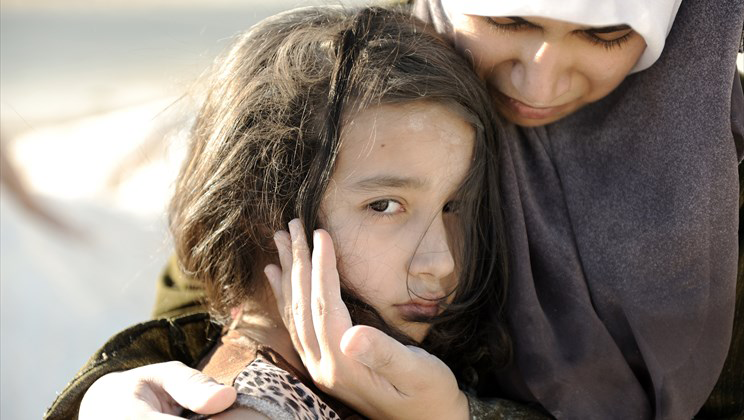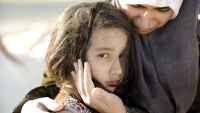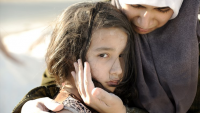Parenting in times of war
Introduction
Parents and caregivers serve a critical role in mitigating the negative effects of crisis and war. And it is through nurturing, responsive, and consistent care that parents are able to support children’s health and development and even strengthen their child’s ability to cope with adversity. Yet unfortunately, programs targeting young children often neglect to consider the wellbeing of parents and caregivers. We know that when adults experience trauma and adversity, there’s often a direct effect on their ability to provide nurture and care. And research also indicates that caregivers exposed to violence may be more likely to live in households with inter-familial violence and conflict [and] their children may be more likely to experience neglect or violent discipline. And all of these experiences can result in children exhibiting long-term emotional, behavioral, and cognitive disabilities.
Video (Eng) | Refugee Crisis: Call to Action, “Yale’s Role in the Global Child Refugee Crisis” (1:10:29)
Katie Maeve Murphy, Early Childhood Development Technical Advisor to the International Rescue Committee (IRC), joins host, Angelica Ponguta, Associate Research Scientist at Yale University. Mrs. Murphy discusses IRCs emphasis on family and parenting programs to foster early childhood development in crisis conditions to promote peacebuilding.
Murphy, KM., Maignant, S., Boone, L., & Smith, S. (2015).
Parenting in times of war: Supporting caregivers and children in crisis. Early Childhood Matters, (124):pp 55-9.
JOIN THE CONVERSATION
For breaking news and to stay connected, follow us on social media. Sign up to get our E-News delivered straight to your inbox.




